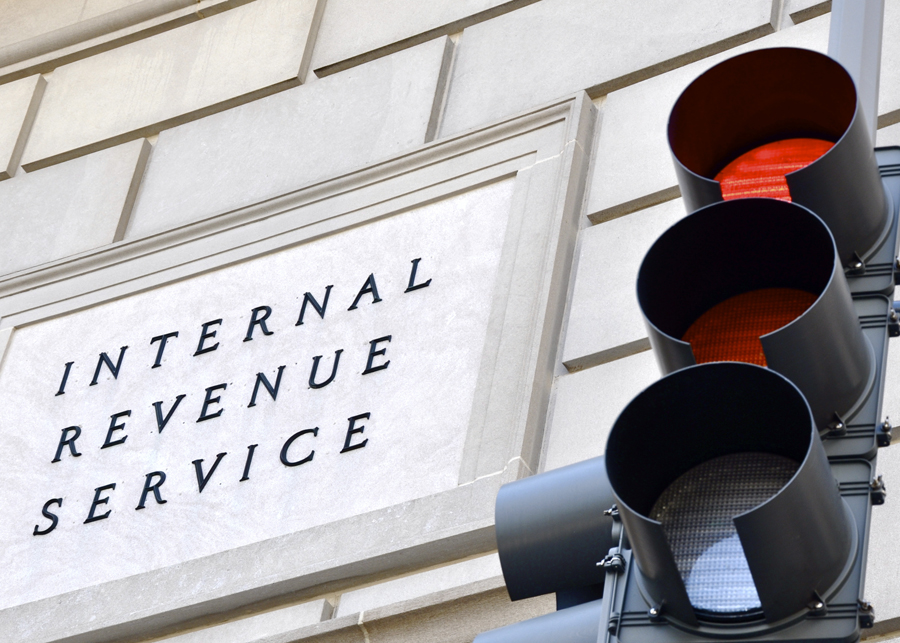Owe Uncle Sam Taxes and Can’t Pay?
February 12, 2015 by Chris Rubino
Are you short on cash and don’t have the money to pay your tax bill? While Uncle Sam does not have the reputation for benevolence in pursuing taxes that are owed, the IRS does have a few options for the taxpayer who is cash short at tax time. And, regardless of reputation, the IRS is generally interested in collecting the taxes and not in punitive measures, so they will usually work with taxpayers who are willing to work with them.
Oftentimes there is confusion over filing and payment requirements. The IRS requires payment in full by the due date of the return, without extensions. This is usually April 15th for most taxpayers. If you cannot pay by that date, the IRS will start to add interest to any amount you owe. Also, if you have not contacted them by this date to arrange alternative payment plans, they will also charge a failure-to-pay penalty. You should generally also file by this date to avoid a failure-to-file penalty. Extensions through October 15th are available to give you more time to file before incurring the failure-to-file penalty, but this does not give you more time to pay.
If you can pay the amount due within 120 days, you can call the IRS at their general number (800-829-1040) and request the extra time. Again, interest is charged after April 15th, but generally a failure-to-pay penalty will not be assessed if they are contacted in a timely manner.
If you are unable to pay due to hardship (i.e., you will have substantial financial loss if you have to pay the income tax by the due date), you can request a 6-month extension by filing Form 1127. Since hardship is so narrowly defined, it is difficult for most taxpayers to qualify for this extension.
It is also possible to set up an installment agreement, which can be done online or by submitting Form 9465. One attractive thing about this alternative is that if you propose paying off the amount due within 72 months, the IRS will generally approve the agreement without requesting additional documentation. There are, however, fees for setting up the agreement, interest is charged, penalties may still be assessed, and the IRS is not very forgiving if you miss a payment. The fees charged vary with how you choose to make the payment and may also be dependent on your financial status. Due to these fees, interest, and penalties, many advisors recommend paying the amount due by using a credit card or other bank loan rather than setting up an installment agreement with the IRS. So you may wish to compare those costs with the costs of the installment agreement before making your final decision.
Some taxpayers may also wish to consider an “Offer in Compromise” if the amount they owe is substantial. Somewhat contrary to some media advertising, however, an “Offer in Compromise” is not easy to obtain if you have any ability to pay or any equity in assets. On its website, the IRS offers a “Pre-Qualifier Tool application” that you may wish to work through before considering pursuing this path.
We hope, of course, that you never find yourself in the position of having to explore these alternatives. But if you do, it is nice to know that they are available.





